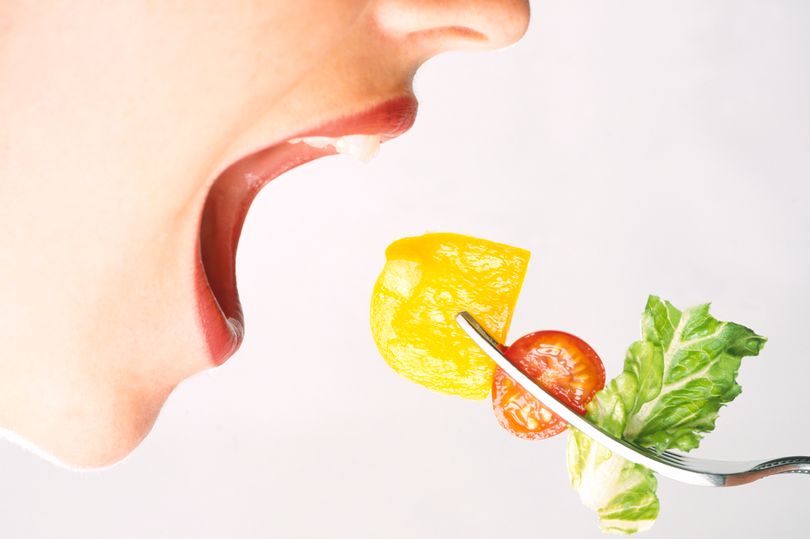When I first heard the phrase “you are what you eat” I confess I didn’t quite get the significance of the message. Over the years more and more research has shown how your diet affects your health, and now, your likelihood of getting cancer.
It’s complicated and Timothy J Key and colleagues from Oxford University have tried to untangle the arguments.
Since the 1960s, studies have shown strong correlations between many types of cancer and diet. For example, countries with high intakes of meat had high rates of colorectal cancer.
Furthermore, experiments in animals showed that cancer rates could be altered by manipulating diet, with compelling evidence that lowering calorie intake causes a general fall in cancer development.
Early studies indicated that higher intakes of fruit and vegetables were associated with a lower risk of several types of cancer. Vegetarians eat no meat or fish and usually eat more fruit and vegetables than non-vegetarians unsurprisingly, the risk of all cancers appears to be lower in vegetarians and vegans.
But risks for individual cancers aren’t clear. As for high-dose vitamins and mineral supplements they’ve failed to reduce cancer risk in well-nourished populations and might even raise it, so don’t take them to prevent cancer. The World Cancer Research Fund has taken a look at the cancer risk of foods and nutrients and experts have identified some risks.
They concluded that obesity and alcohol cause cancer in several organs. Risks from being overweight increase for every five-point rise of body mass index, e.g. a BMI of 25 v a BMI of 30, from 5% for colorectal cancer to 50% for cancer of the endometrium.
For alcohol, risk increases for each 10g (one unit) rise in daily consumption and varies from 4% for liver cancer to 25% for cancer of the oesophagus.
The World Cancer Research Fund judged processed meat to be a powerful risk factor for colorectal cancer with a 16% increase for each 50g eaten per day.
Obesity increases the risk of cancers of the mouth and throat and of aggressive prostate cancer, as well as breast, bowel, pancreas, stomach, ovary, thyroid, and meningioma (a type of brain tumour). Alcohol increases the risk of stomach cancer.
Very hot drinks are implicated in cancer of the oesophagus, and foods preserved with salt may increase the risk of stomach cancer. Experts also concluded the risk of endometrial cancer is increased by a high-calorie diet. But coffee could protect against liver and endometrial cancer.
Put simply, what we eat does affect our health.

